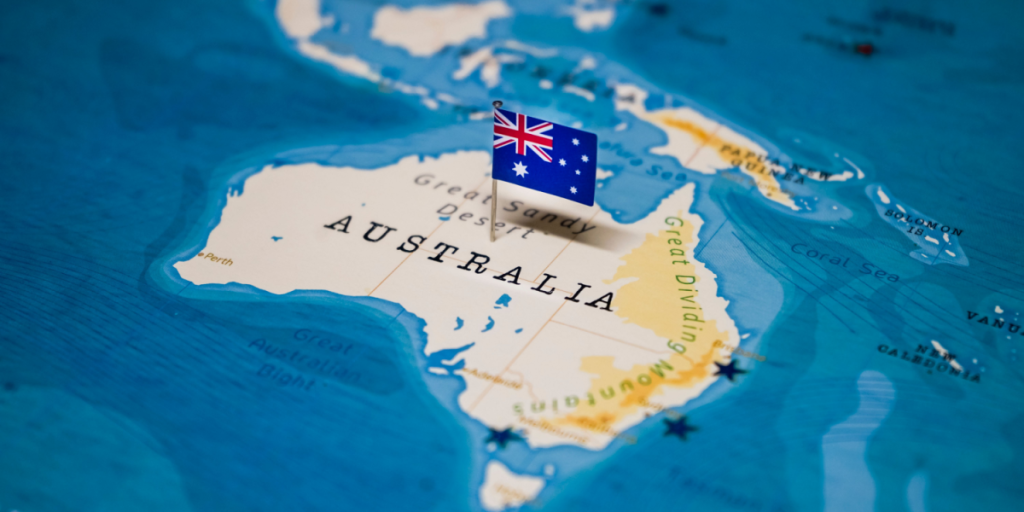Two 15-year-olds have asked Australia’s High Court to overturn the nation’s under-16 social media ban, the BBC reports. Backed by a rights group, they argue the law breaches communication rights and harms vulnerable youth, while the government insists the tough restrictions are essential for child safety.
Others are reading now
Australia’s sweeping prohibition on social media access for under-16s is now facing a constitutional fight, with two teenagers arguing the new law violates their right to communicate.
The ban, one of the toughest in the world, is set to take effect next month.
Courtroom battle begins
According to the BBC, the Digital Freedom Project has lodged a High Court challenge on behalf of 15-year-olds Noah Jones and Macy Neyland, who say the law silences young people altogether.
Neyland described the policy as frightening, saying: “It’s like Orwell’s book 1984, and that scares me.”
Under the legislation, which comes into force on 10 December, platforms such as Meta, TikTok and YouTube must block anyone in Australia under 16 from having an account.
Also read
Supporters of the measure, including the federal government, argue it is essential for shielding children from harmful content and manipulative algorithms.
Communications Minister Anika Wells told parliament the government would defend the ban vigorously, declaring: “We will not be intimidated by threats… by legal challenges… or by big tech.”
Free-speech issues at stake
The Digital Freedom Project says the case will centre on political communication rights. The group argues teenagers depend on social media for information, peer contact and civic participation, and warns the prohibition could harm those already at risk — including disabled young people,
First Nations communities, rural teenagers and LGBTIQ+ youth.
The organisation contends that safer alternatives exist, such as digital literacy programmes, mandatory age-appropriate design features and age-assurance tools that preserve privacy while offering protection.
Also read
Jones criticised the government’s approach as overly simplistic, telling the BBC he wants adolescents to remain “educated, robust, and savvy” online, protected by safeguards rather than blocked entirely.
Wider tensions
The BBC reports that Google, which owns YouTube, has previously weighed a potential legal challenge of its own.
While tech companies oppose the policy — partly because they must enforce it — polling shows most Australian adults back the ban.
Mental health advocates remain divided. Some warn that cutting teenagers off from mainstream platforms could isolate them, while others fear it will push them toward unregulated or unsafe corners of the internet instead.
Global spotlight
Governments overseas are watching Australia closely as debates intensify over how best to protect young users.
Also read
The High Court challenge is expected to test whether sweeping age restrictions can coexist with protections for communication, association and political expression — rights the teenagers say belong to them too.
Soruces:BBC


